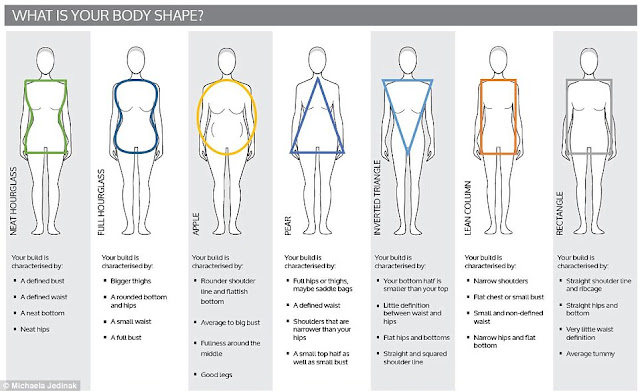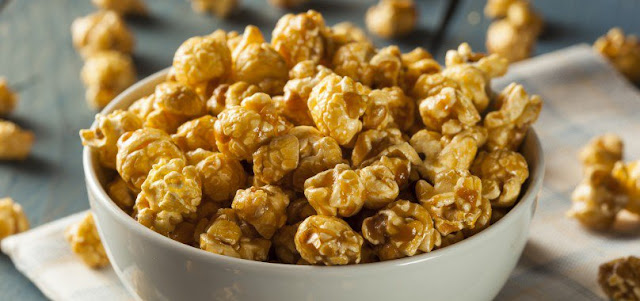Unusual Side Effects Of Drinking Too Much Water
The sodium content in the blood influences the functioning of the electrolytes. These electrolytes are responsible for sending signals to the cells which control various operations of the body. When you consume too much water, the sodium levels in the blood decrease. This stops the electrolytes from sending signals to the cells.
Overburdens The Heart:
The heart performs the vital function of pumping blood through your entire body. When you consume too much of water, this increases the volume of blood inside your body. The increased blood volume causes unnecessary pressure on the blood vessels and the heart, leading to seizure in some cases.
Causes Damage To Glomeruli:
Glomeruli are capillary beds in our kidneys. They work as a filtering station to excrete excess water from the body. Too much of water can cause potential damage to this system, leading to serious health hazards. The kidneys have to work overtime to process all this unnecessary water that is beyond their normal filtering capacity (1000 ml per hour).
Depletes Potassium:
Potassium is an essential nutrient for your body and you must maintain its proper levels as such. But sometimes, excess water causes a dip in the concentration of potassium. This may cause problems like irritation, chest pain, leg pain, etc.
Causes Stomach Irritation:
Sometimes, drinking excess water leads to an imbalance in electrolytes. This imbalance leads to irritation in your stomach. It is also a preliminary stage of hyponatremia.
Liver Problems:
Here, it is important to note that this problem is not caused by merely drinking too much water. Rather, it happens by drinking too much of water with iron in it. Iron overload is not exactly detrimental, but, in rare cases, it may cause liver-related problems as well.
Drink enough water to quench your thirst.If your food is rich in water content, you should limit your water intake. However, if you use more salt and spices, it is necessary to drink a little more than the recommended quantity of water per day.
Check the color of your urine. Clear urine means you are healthy and well-hydrated. But yellowish color indicates the need of more water for your body. Here, you should remember that sometimes this color may also result from the additives in your food.
Check your body weight frequently to ascertain if you are well-hydrated. It should be consistent and not fluctuate too much.




Comments
Post a Comment